The law is one of the most effective tools we have to protect our precious environment and tackle the climate crisis.
From holding those responsible for climate change to account, to giving our country’s diverse native wildlife a voice, EDO runs groundbreaking litigation to protect Australia’s animals, places and communities.
Here are five legal cases EDO is currently working on to help build a world where nature thrives.
Landmark challenge to Clive Palmer’s coal mine
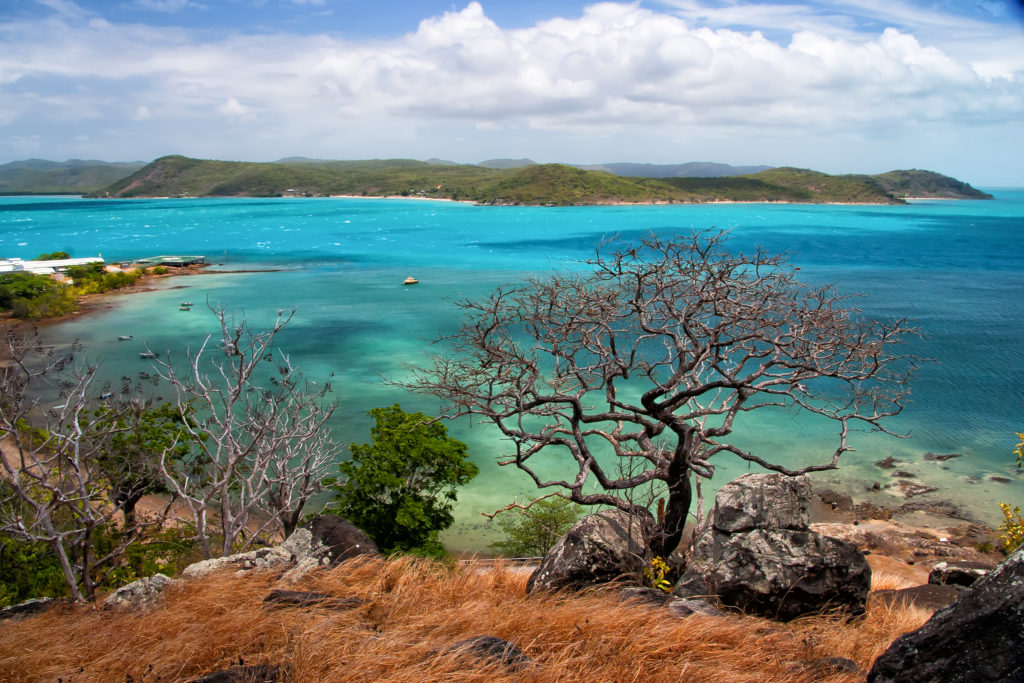
What’s the case about?
The Galilee Coal Project is a huge thermal coal mine proposed by Clive Palmer’s Waratah Coal. The coal from this mine would contribute up to 2 billion tonnes of greenhouse gases over the life of the mine.
Two years ago, Youth Verdict launched this groundbreaking case and set out to seize their futures from the threat of climate change-fuelled disaster and hardship. Now, led by their Aboriginal and Torres Strait Islander members, Youth Verdict will argue coal from the mine will impact the human rights of First Nations Peoples by contributing to dangerous climate change.
Youth Verdict joins The Bimblebox Alliance, a group of farmers and landholders who have spent years defending the Bimblebox Nature Refuge, an almost 8,000 ha nature refuge teeming with 668 species of native plants and animals. Clive Palmer’s coal mine would tear this ancient Australian bush apart.
Why is this case important?
This landmark, First Nations-led case is the first time a coal mine has been challenged on human rights grounds in Australia. Because of the Queensland human rights legislation, young Aboriginal and Torres Strait Islander peoples can take action to preserve and protect their culture and their future.
In a legal first, First Nations people in Gimuy/Cairns and the Torres Strait Islands of Erub and Poruma will give evidence to the Land Court on Country and in accordance with First Nations protocols. Read more about the First Nations evidence in this case.
The case to protect Tasmanian devils in the Tarkine
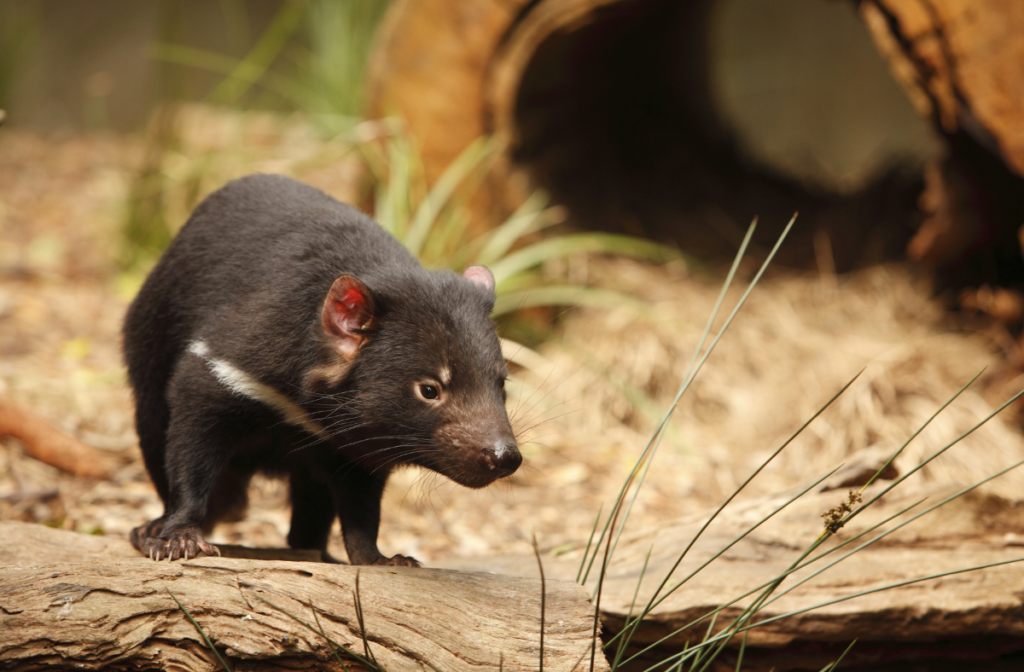
What’s the case about?
Venture Minerals Ltd’s Riley Creek mine was given the green light by the EPA for the night-time transport of iron ore along 112kms of Tasmanian devil habitat in the state’s Tarkine region. EDO has launched legal action on behalf of the Tarkine National Coalition to challenge the decision which puts the North-West Tasmanian devil population at risk of becoming roadkill.
Why is this case important?
Tasmanian devils are an endangered native species. This case highlights problems with how our environmental laws are being applied to reduce protections for threatened species, such as Tasmanian devils, and without opportunities for public comment or appeal.
World-first case over Santos’ ‘clean energy’ & net zero claims
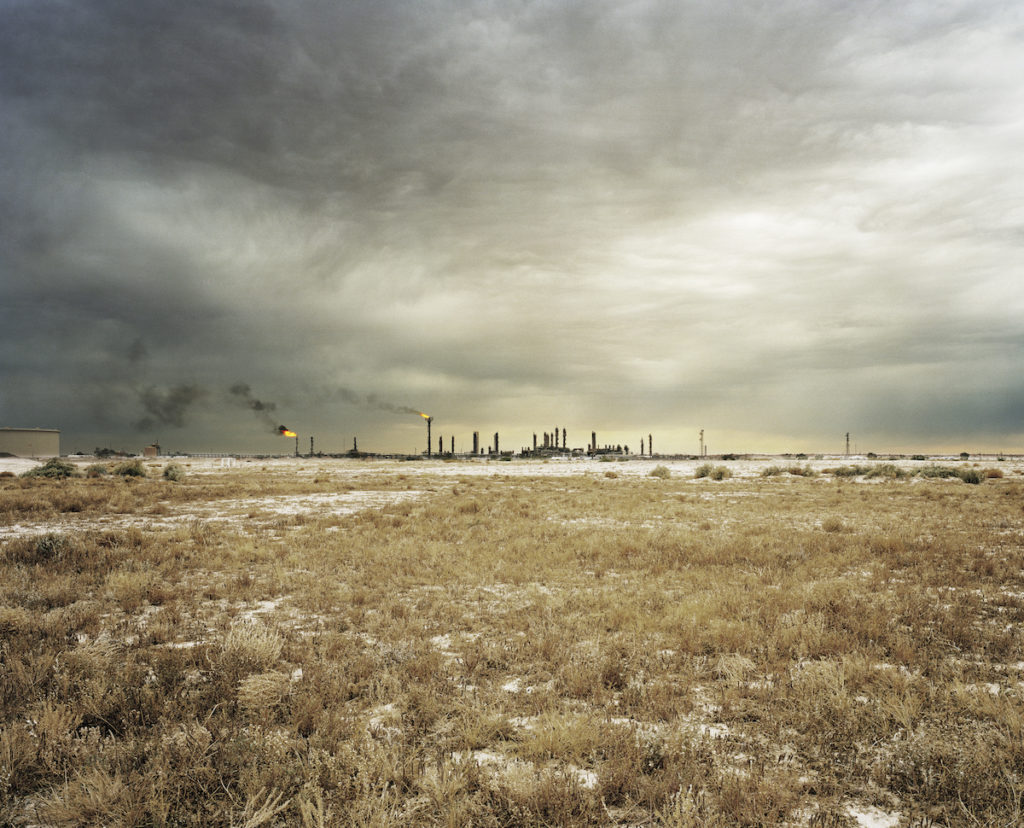
What’s the case about?
Santos Ltd is one of Australia’s largest gas companies, and the biggest domestic gas supplier in the country. Despite this, Santos describes itself as a “clean energy” provider in its 2020 Annual Report, stating that natural gas is a “clean fuel”.
We’re going to the Federal Court against Santos over its claims that gas is ‘clean energy’ and that the company has a credible pathway to net zero emissions, on behalf of our client the Australasian Centre for Corporate Responsibility.
Why is this case important?
This is the first legal case in Australia to raise “greenwashing” against the oil and gas industry, and the first in the world to challenge the accuracy of company’s net zero emissions target.
Misleading information about companies’ climate impacts and commitments can obstruct an effective and timely response to the climate crisis. It’s time corporations are held to account.
The challenge to stop the NT’s largest ever groundwater licence
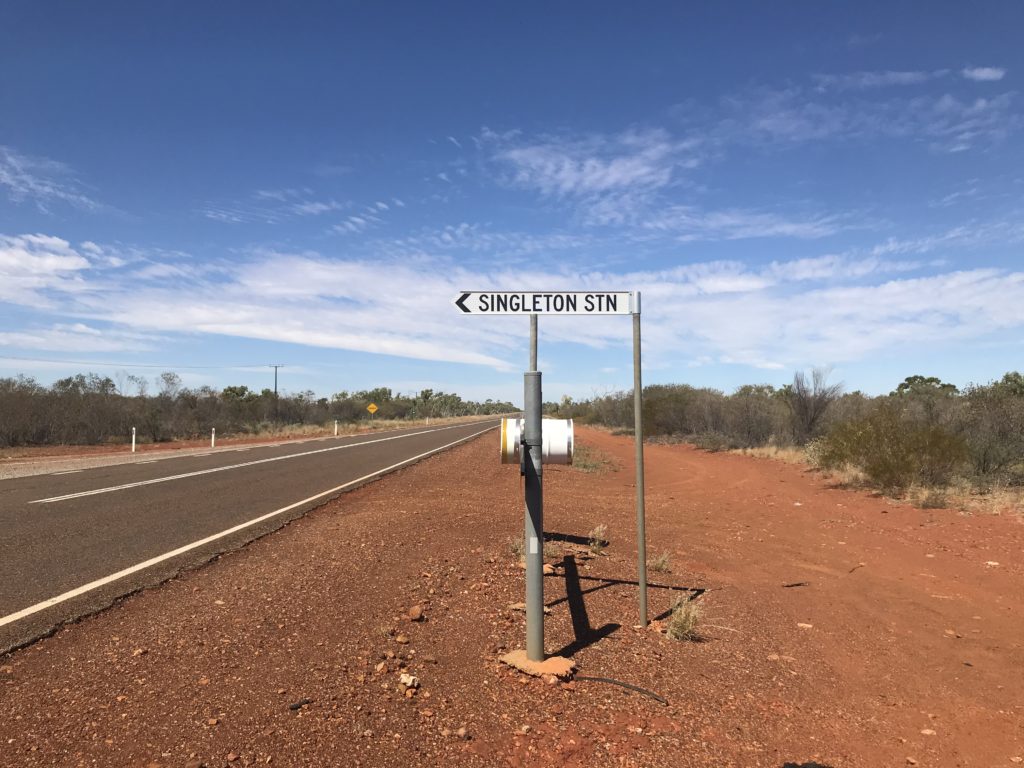
What’s the case about?
Fortune Agribusiness was approved a groundwater licence that would see the extraction of up to 40 billion litres of groundwater each year for 30 years to irrigate export crops at Singleton Station, near Tennant Creek in arid Central Australia.
EDO will argue the approval breaches the Water Act 1992 (NT) and key provisions in the region’s Water Allocation Plan designed to protect groundwater-dependent ecosystems, on behalf of our client the Arid Lands Environment Centre.
Why is this case important?
To put this groundwater licence in perspective, the largest groundwater licence in all of NSW allows extraction of up to 15 billion litres per year. This licence allows extraction of up to 40 billion litres per year.
“This is an enormous and incredibly unsustainable development that should have no place in the arid zone,” EDO Managing Lawyer Emma Carmody said. “If this decision is not overturned, it will lock in an incredibly unsustainable development in an arid region and compromise the future health of this aquifer and its culturally significant groundwater-dependent ecosystems.”
Legal First Climate Case Filed Against NSW Water Sharing Plan
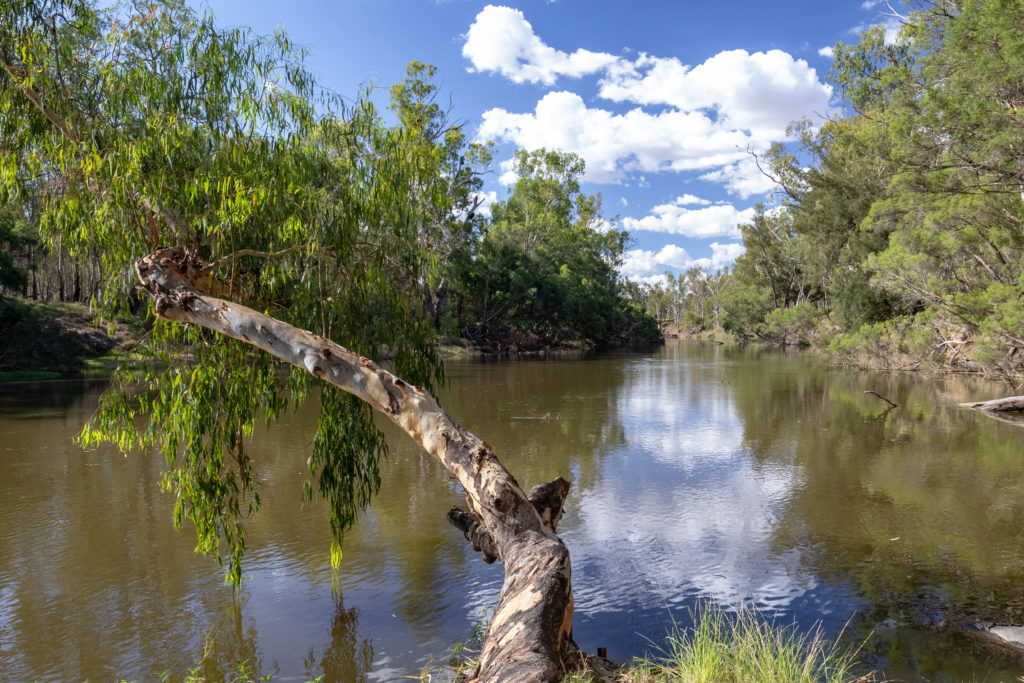
What’s the case about?
The Border River catchment sits along the NSW/Queensland border and includes the Macintyre and Severn Rivers. The catchment is home to endangered species such as the eel-tailed catfish, Australian painted snipe and curlew sandpiper.
Acting on behalf of the Nature Conservation Council of NSW, EDO will challenge the validity of the Border Rivers Water Sharing Plan, arguing that the NSW Government failed to properly consider future climate change when making the plan.
Why is this case important?
The case to challenge a water sharing plan over climate change is an Australian and world legal first.
“If this case is successful, it will likely mean that future Water Sharing Plans will have to take climate change into account, in particular in relation to the setting of catchment-wide extraction limits and environmental flow rules. This could mean more water for fragile ecosystems across the Murray-Darling Basin and in turn healthier river systems and greater water security for downstream communities. Our children and future generations deserve to enjoy and benefit from a healthy, functioning river system” said EDO Managing Lawyer Dr Emma Carmody.





